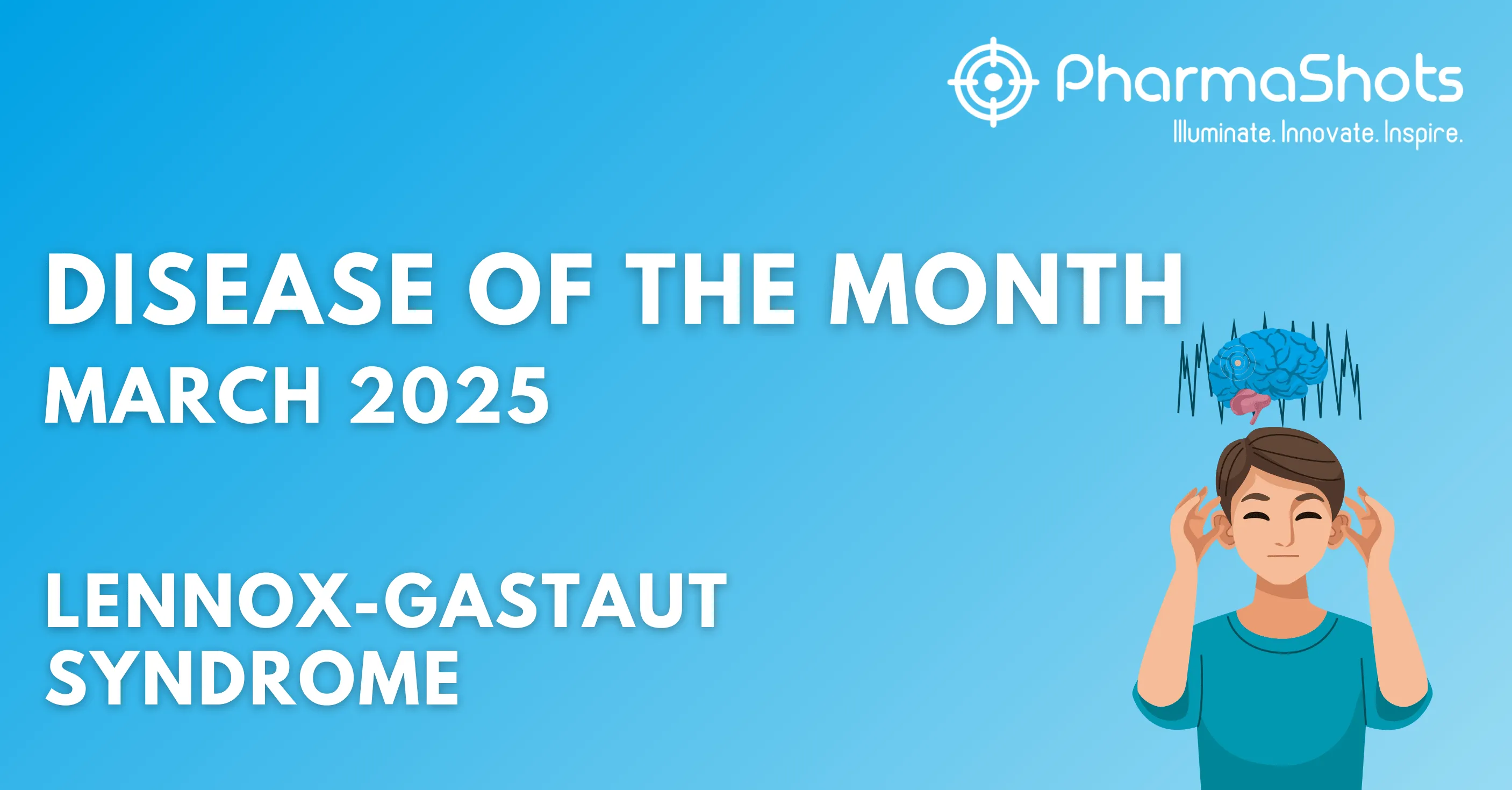
Disease of the Month: Gastroparesis Disease
Gastroparesis is a chronic disease affecting the motility of the stomach muscles. It refers to partial paralysis of the stomach. It usually occurs due to nerve injury including vagus nerve damage. Normally the strong muscular contractions of vagus nerve move the food through the digestive tract, but in the case of gastroparesis, this spontaneous movement of the muscles slows or stops that prevents the stomach from emptying fully. There is no blockage in the stomach or intestines, but the damaged nerves and lack of muscle strength and coordination are responsible for the condition. The condition is also known by the names delayed gastric emptying, gastric atony, and gastric dysmotility.
August is observed as Gastroparesis Awareness Month. It was founded by the International Foundation for Gastrointestinal Disorders (I.F.F.G.D.) in 2016. The foundation uses its platform to provide support to the gastroparesis community by promoting education, raising awareness, and encouraging research related to the disease. The main aim behind the observance is to emphasize on the treatment, diagnosis and general health issues related to this poorly understood condition.
CAUSES
The exact cause of gastroparesis is usually unknown. Also known as Idiopathic Gastroparesis. The gastric neural circuity can be affected by any disease related to metabolic, connective tissue (autoimmune), or neurological (brainstem, anteric, psychiatric, or autonomic) origins. Some of the known causes of gastroparesis include:
- Diabetic Gastroparesis- poorly managed Type 1 or Type 2 diabetes
- Post-Surgical Gastroparesis- it can occur as a complication from some type of surgery- like bariatric surgery or gastrectomy
Other possible causes include:
- Parkinson’s disease
- Viral infections
- Some medications like some antidepressants, narcotics, opioid painkillers
- Amyloidosis- rare disease caused by deposition of abnormal protein fibers in tissues and organs
- Scleroderma- rare connective tissue disorder affecting the skin, blood vessels, skeletal muscles, and internal organs
Among all, Diabetes is considered to be the most common cause of gastroparesis.
SYMPTOMS
- Acid Reflux
- Nausea/Vomiting
- Chronic Abdominal Pain
- Poor blood sugar levels
- Weight Loss
- Poor Appetite
- Early satiety (feeling of fullness after eating few bites)
- Gastroesophageal Reflux or Heartburn
The symptoms may be mild or severe and may tend to come and go.
Diagnosis
- By using four-hour solid gastric emptying study: This is a test to determine the time it takes a meal to move through your stomach. A technologist gives a meal to eat that's tagged with a radioactive isotope. After this meal, they take a one-minute image of the stomach and recheck after one, two and four hours
- By using SmartPill: This is a capsule that contains a small electronic device. swallow the capsule, and as it moves through the digestive tract, sends information to a receiver about how quickly food travels through your digestive tract
- By using Gastric Emptying Scintigraphy (GES) or the Gastric Emptying Breath Test (GEBT)
TREATMENT
Gastroparesis is a chronic condition meaning the treatment provided usually does not cure the disease completely but manages and keeps it under control. The choice of treatment for gastroparesis depends upon the cause, the severity of the symptoms, the complications, and how the individual responds to the treatment provided.
The medicines provided for gastroparesis work on the principle of helping the muscles in the walls of the stomach to function better. For years, Metoclopramide (Reglan, and generics) had been available as conventional and orally disintegrating tablets (Metozolv ODT) developed by Salix Pharmaceuticals. In June 2020, Metoclopramide nasal spray (Gimoti) developed by Evoke Pharma got the US FDA approval for the treatment of Diabetic Gastroparesis.
Gimoti is the only nasal spray formulation prescription medicine recommended to be used for 2-8 weeks. It is advised to be taken 30 minutes before meals and at bedtime for treatment of Diabetic Gastroparesis in adults. It is not recommended to be used by children below the age of 18. Any pill you take may not be as effective for you if you have diabetic gastroparesis since it will influence how your body absorbs it. But because nasal sprays are absorbed through the nose, they are not impacted by diabetic gastroparesis. The medicine administered from the nose is directly absorbed into the bloodstream. Even when a person is experiencing the symptoms or flares, they can use the nasal spray for relief.
Besides the number of benefits, Gimoti shows the following side effects:
- Headache
- Tiredness
- Unpleasant taste
- High Blood Pressure
- Depression, suicidal thoughts - Increased Prolactin
One of the most serious side effects of Gimoti includes Tardive Dyskinesia which is the abnormal movement of muscles mostly of face or tongue muscles.
Gimoti can get for a low (or $0) copay exclusively through vitaCare Prescription Services
- $0 copay: If commercial insurance covers Gimoti
- $20 copay: If commercial insurance does not cover Gimoti, or if the patient is paying cash
Gimoti savings can still find through NiceRx, which provides eligible individuals access to the Gimoti patient assistance program for only $49 a month per medication.
REFERENCES
- Gastroparesis- Mayo Clinic
- Gastroparesis- National Organization for Rare Disorders
- Gastroparesis- NHS
- Gastroparesis- National Today
- Gimoti Nasal Spray
Related Post: Disease of the Month: Hepatitis - D Disease | PharmaShots
Tags

Akanksha was a content writer at PharmaShots. She is interested in covering recent innovations from pharma & medtech industry. She covers news related to Product approvals, clinical trial results, and updates. She is passionate, meticulous, diligent, and inquisitive. She can be contacted at connect@pharmashots.com.














